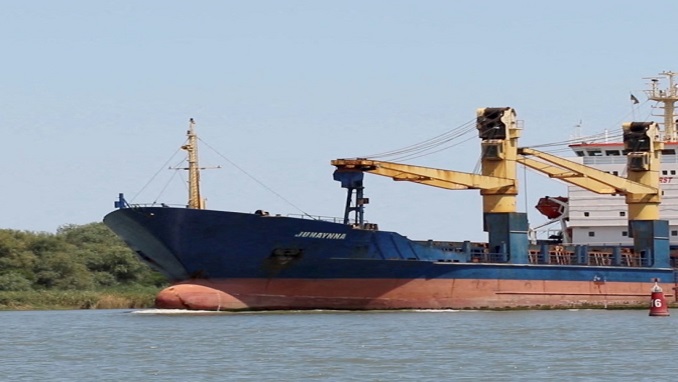Romania expressed serious concerns this week over the signs that neighbouring Ukraine was dredging Bystre Canal in the Danube delta – the canal slices through a shared, ecologically sensitive coastal region – and demanded to check the site.
Ukraine said last week that the draught of ships passing through the Bystre Canal had deepened from 3.9 metres to 6.5 metres as it was in the mid-1990s, noting that the accumulated silt resulted from Ukraine not doing any dredging in recent years.
Ukraine’s deputy minister for restoration, Yuriy Vaskov, informed that in August 2022, Ukraine has officially notified the Romanian side it would carry out operational sediment clearance (dredging) and received no comments since.
Stressing that this is not new construction but operational deepening, Vaskov said that Ukraine sees no problem in the process aimed at ensuring the canal was deep enough to allow ships of up to 6.5 m draught, pointing out that Ukraine is ready to show Romania the work it has carried out.
Official Bucharest said it is worried that any works on the waterway through the shared delta area could threaten wildlife in the UNESCO World Heritage Site and break international environmental protection treaties.
Kyiv’s officials, however, argue that Ukraine has not violated any agreements by deepening the canal that will also increase food exports from its river ports, noting that the main reasons for the move were the heavy congestion of the Danube ports and long queues at the Romanian Sulina canal.
Since Russia’s invasion a year ago, Ukraine has vastly increased exports via its Danube ports to 1.5 million tonnes per month and now hopes the deeper canal would enable it to export additional 500,000 tonnes a month.
As an important economic partner for Ukraine, Romania helped Ukraine last year by employing its exporters to ship around 8.6 million tonnes of Ukrainian grain through its Black Sea port of Constanta.



